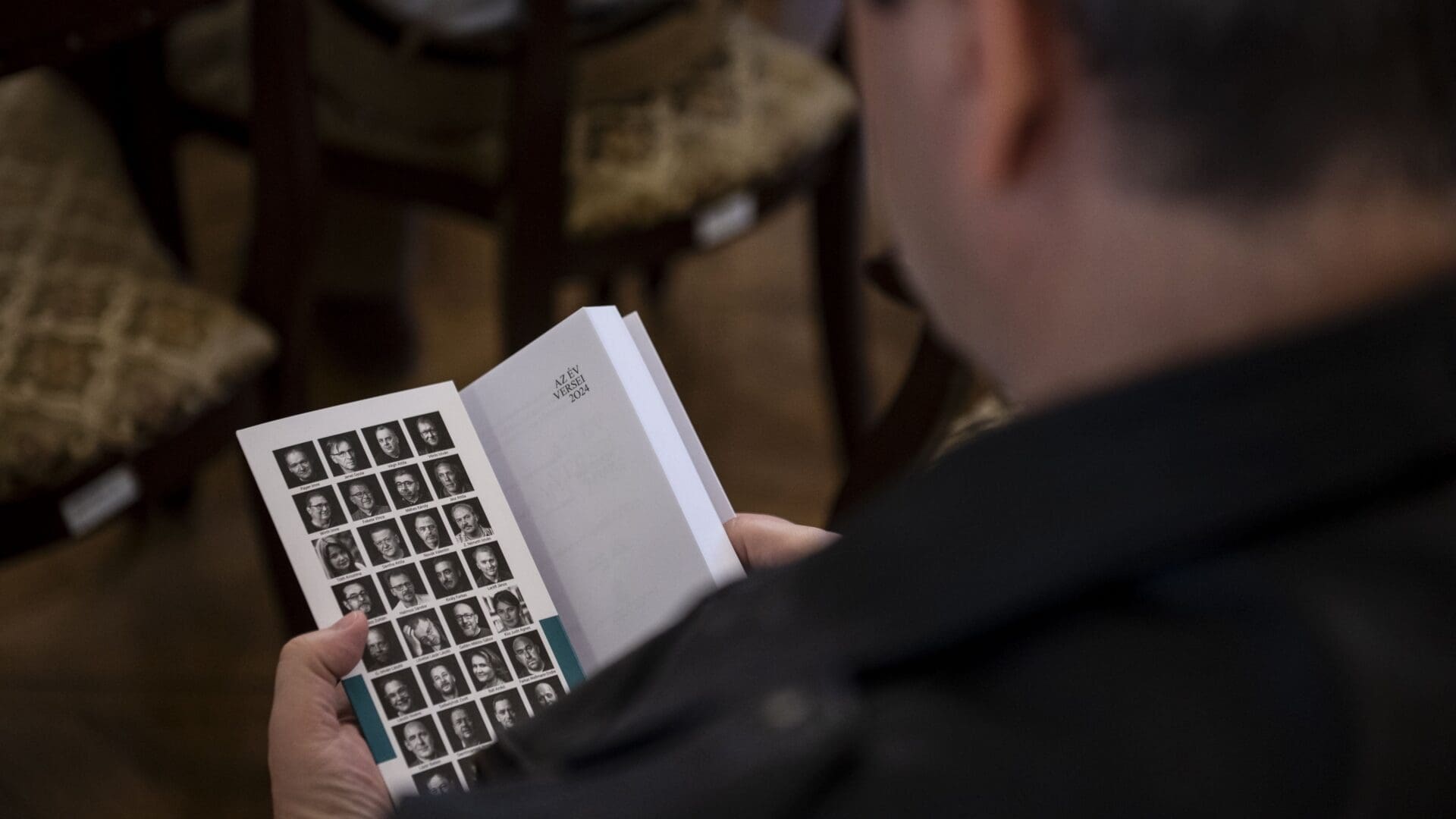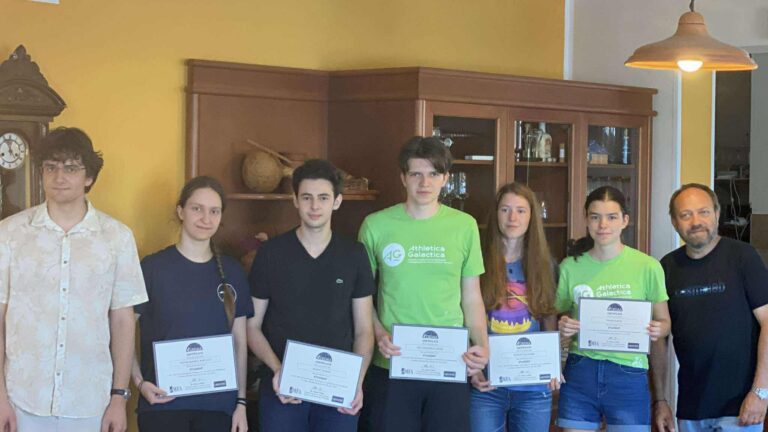Every year since 1964, on 11 April, Hungary celebrates the Day of Hungarian Poetry, honouring the nation’s rich literary heritage and paying homage to its esteemed poets. The date marks the birthday of legendary Hungarian poet Attila József, born in 1905. What fewer know is that 11 April is also the birthday of Sándor Márai, the great conservative writer, poet and intellectual. This day serves as a reminder of linguistic beauty, cultural pride, and artistic expression.
Hungarian poetry holds a special place in the country’s cultural identity, reflecting its tumultuous history, resilient spirit, and deep-rooted traditions. From the powerful verses of Sándor Petőfi, who inspired the Hungarian Revolution of 1848 with his impassioned words, to the evocative works of Attila József, exploring themes of existentialism and social consciousness, Hungarian poets have left an indelible mark on world literature.
The Day of Hungarian Poetry is not merely a commemoration; it is a celebration of creativity, language, and the power of words to transcend boundaries and connect people across generations and even borders. It is a day to revel in the cadence of Hungarian verse, to explore the depths of emotion captured in each stanza, and to reflect on the timeless themes that resonate with readers around the globe.
Throughout Hungary, on this day, poetry enthusiasts gather in libraries, cultural centres, and public squares to recite beloved poems, engage in literary discussions, and pay tribute to their favourite poets. Schools organize special events to introduce students to the works of Hungary’s literary luminaries, fostering a love for poetry that will endure for years to come.
The Petőfi Museum of Literature is holding a 12-hour-long poetry marathon today, featuring over one hundred poets, and three hundred poems.
Attendees can listen to and also meet their favourite contemporary poets, buy their publications and even get them signed.
This year, in collaboration with the Vates art-inspired clothing brand, the transport company highlights the importance and diversity of Hungarian poetry by featuring three contemporary authors, as stated in the Centre for Budapest Transport’s (BKK) press release published this morning. As the statement emphasizes, this year’s Day of Hungarian Poetry puts the spotlight not only on the classics of Hungarian literature but also on the works of contemporary creators. Between 11 and 13 April, passengers on one of the busiest routes in the capital, tram lines 4 and 6, will hear the verses of poet, writer, and screenwriter Zsófi Kemény, poet Márton Simon, and Csaba Szendrői, the frontman of the band Elefánt and a singer-songwriter, recited by the poets themselves in pre-recorded audio messages. The excerpts of poetry recited during the Day of Hungarian Poetry evoke different urban atmospheres experienced while travelling by public transport.
Read more on this day:
Sources: Hungarian Conservative/BKK/PIM/MTI








